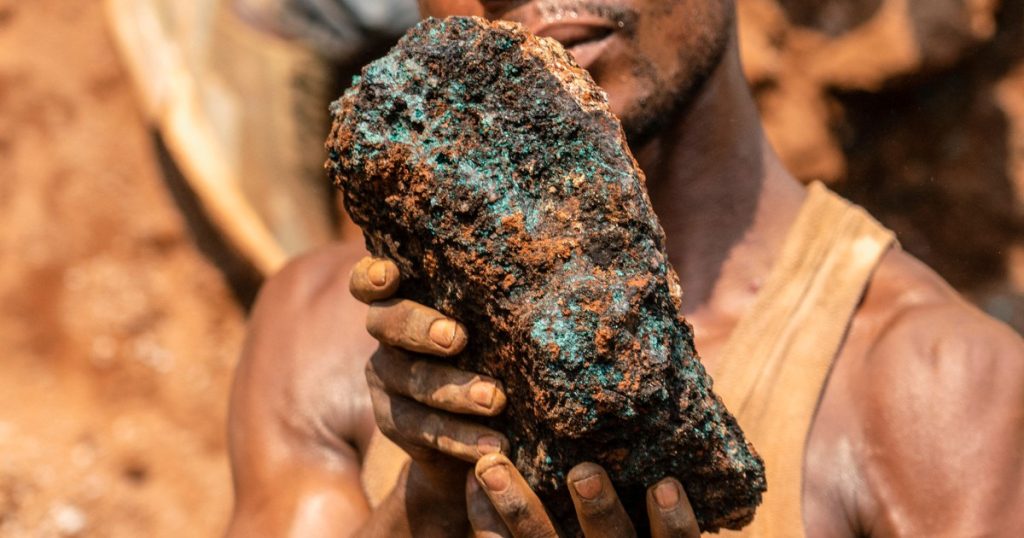The Lobito Corridor is a 1,300km railway that connects Angola, Zambia, and the Democratic Republic of the Congo (DRC), passing through DRC’s mining provinces known for their abundant cobalt and copper deposits. The project aims to provide quicker access to Africa’s minerals for US and European markets. While some see the project as a beneficial trade hub that can create jobs and reduce poverty in the region, others fear it will only facilitate the further exploitation of the DRC’s natural resources.
Residents in Congolese towns and cities along the railway route have mixed feelings about the Lobito project. Some, like Claude Banza from Kolwezi, believe it can bring much-needed opportunities and hope for local communities. However, others express concerns about the potential negative impacts of the project, viewing it as a gateway for the region’s resources to be plundered by external interests. Analysts and activists in the DRC are calling for more focus on local development and ensuring that the benefits of the project reach the Congolese people.
Critics of the Lobito Corridor project, like Congolese economic analyst Dady Saleh, argue that it is neo-colonialist, benefitting external powers at the expense of the DRC’s sovereignty and economic well-being. They warn that the DRC risks falling into a pattern of modern exploitation, with its natural resources being exploited for the gain of foreign interests. Civil society groups in mining regions like Lualaba also oppose the project, calling for more emphasis on local wealth creation and development rather than the mere export of raw materials.
While proponents of the Lobito project highlight the potential economic benefits, such as job creation and enhanced mineral transport efficiency, there are concerns about the project’s long-term implications. Some analysts fear that the DRC could be further marginalized and left economically vulnerable by signing onto agreements that do not adequately benefit its people. Additionally, issues such as environmental impact, community conflicts, and human rights abuses are highlighted as potential risks that need to be addressed.
Despite the challenges and criticisms, Congolese President Tshisekedi remains optimistic about the Lobito project’s potential to enhance the value of the DRC’s natural resources, particularly in the context of the global energy transition. However, critics like Saleh urge the DRC government to adopt a more assertive approach in negotiating international contracts and ensuring that the country benefits more substantially from its resource wealth. There are also concerns about potential security risks associated with the project, with fears that external powers could use it to exert undue influence over the DRC’s mineral wealth and security situation.
Overall, the Lobito Corridor project represents a complex and contentious issue in the DRC, with divergent views on its economic potential and impact on local communities. While some see it as a promising opportunity for development and regional integration, others view it as a threat to the country’s sovereignty and economic autonomy. The debate around the Lobito project highlights broader issues of resource exploitation, economic development, and national security that the DRC must navigate as it seeks to leverage its rich mineral deposits for sustainable growth and prosperity.













